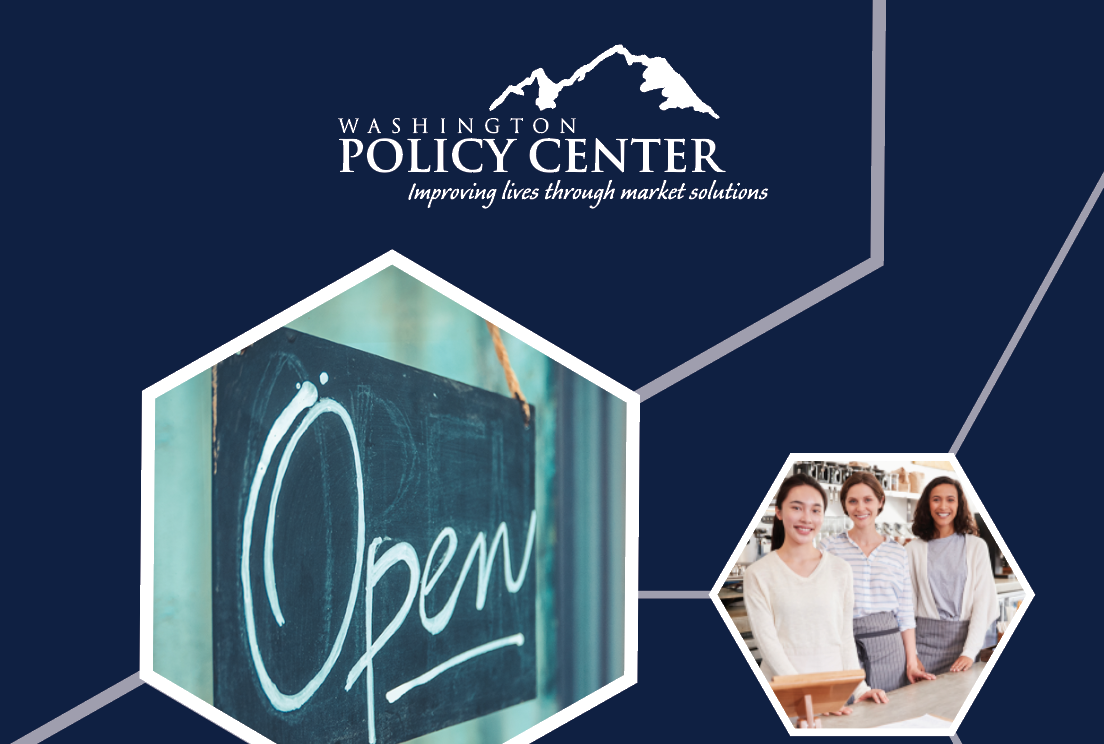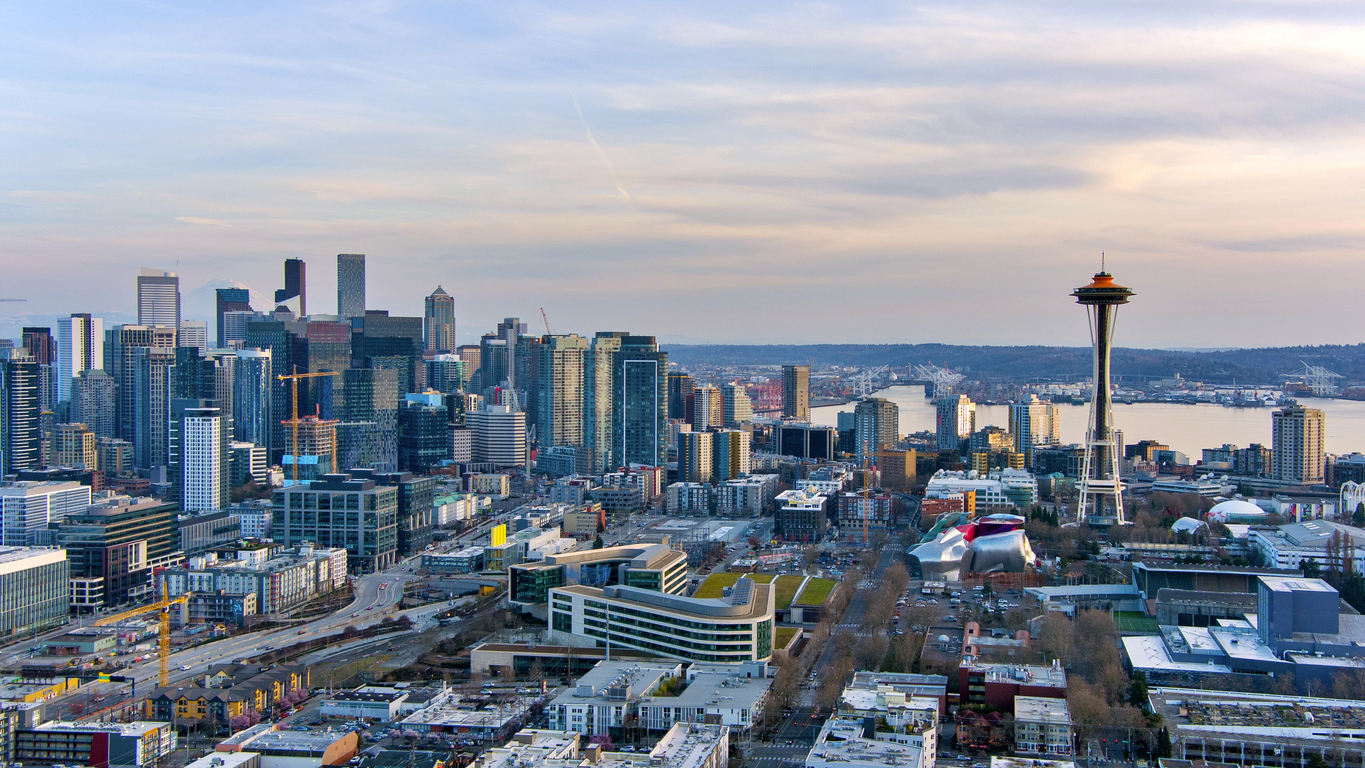Download the full Policy Brief
Key Findings
- In Washington state, small businesses employ 1.3 million people – or 51% of the state workforce, and make up 99% of Washington businesses
- Washington has one of the highest small business startup rates, but also one of the highest small business failure rates
- Washington’s business and occupation tax on gross receipts is pointed to by small business owners and workers as a challenge
- The state’s increasing minimum wage is helping some, but hurting the unemployed, underemployed and young workers
- State agencies are implementing an average of 6,200 pages of new rules every year, making it difficult for small business owners to keep up
- A high number of mandates has made it illegal for small businesses to offer basic, low-cost health insurance to workers
- Recommendations to improve the small business climate from WPC’s Solutions Summit are practical and non-partisan
Introduction
When small business owners and workers talk, state policymakers should listen. The reason is crystal clear – small business is the backbone of the American economy. In Washington state, small businesses employ 51% of the state’s total workforce – or 1.3 million people.
In eight Washington counties (Grant, Pend Oreille, Lincoln, Okanogan, Garfield, Klickitat, Pacific, Wahkiakum), small businesses provide jobs for 80% to 100% of the workforce.
Typically, a small business is defined as a firm with fewer than 500 employees by the U.S. Small Business Administration. In the state’s largest city, Seattle, 94% of businesses have fewer than 50 employees, which is Washington state’s official definition of a small business.
Throughout the state, even businesses with fewer than 20 employees number in the hundreds of thousands.
The turnover rate among small businesses can be extremely high. Washington state enjoys one of the nation’s highest small business start-up rates but has also seen one of the higher small business failure rates among all states. In fact, from 2013-2016 in Washington state, more small businesses were shutting down than starting up.
Part of this can be blamed on state policies that make it more difficult for an entrepreneur to turn an ambitious idea into a thriving business, and for a business that is currently struggling to stay afloat and maintain profitability and employment.
Washington Policy Center routinely seeks comments directly from small business owners, small business workers and the community on ways to improve the small business climate in our state, so our researchers can be directly informed about some of the harsh political realities that job creators face. We then publish these findings and provide practical, constructive recommendations for policymakers.
The following study provides the top 10 policy recommendations reported by those who attended our recent statewide policy conference – the Solutions Summit – held this year in May in Spokane. Policymakers at the local, state and federal level should carefully consider these recommendations and seek additional information from small businesses owners and workers in their own communities.
The following recommendations are presented in no particular order.
Download the full Policy Brief





